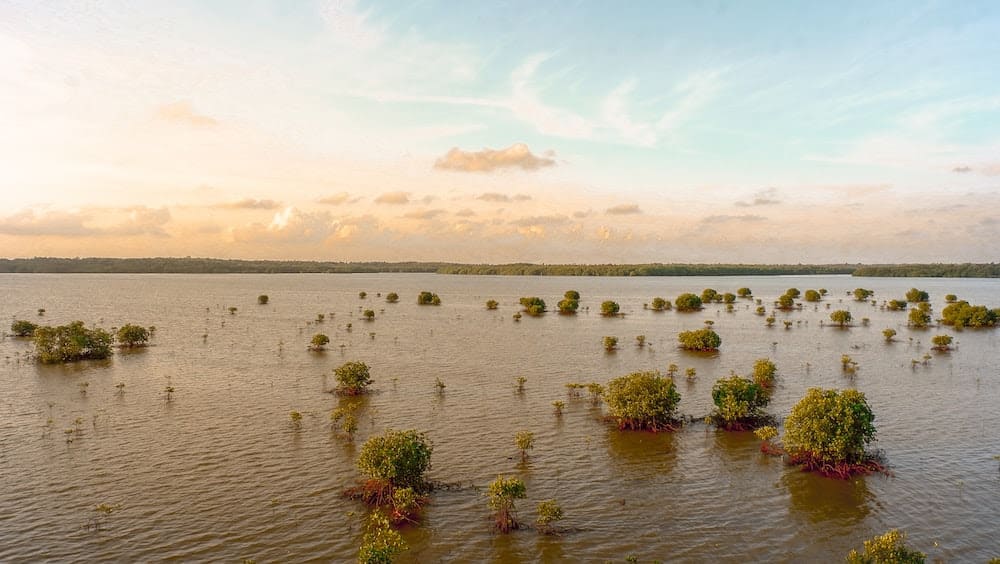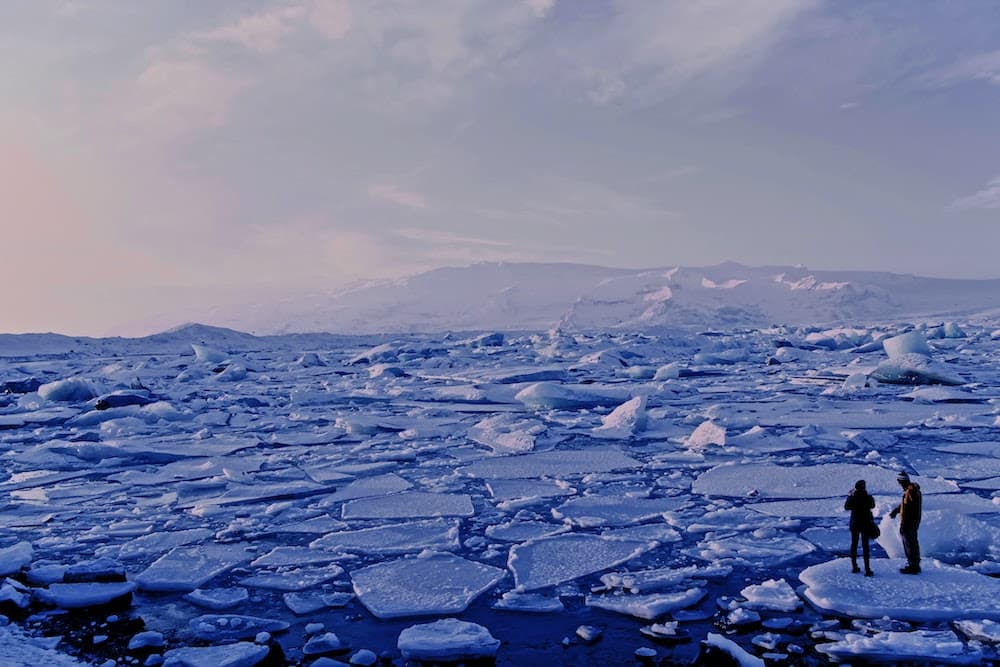
For several days now, torrential rains have been pouring down on south-Eastern Europe and northern Africa, causing major flooding. However, Lydia has been the hardest hit, with more than 10,000 deaths, according to the death toll announced by the authorities on Tuesday, September 12.
In recent days, extraordinary weather conditions have affected Greece, Turkey Bulgaria, and now Libya.
It’s no longer a storm, but a subtropical cyclone, very rare in the Mediterranean. In meteorology, the term “tropical cyclone” refers to a low-pressure system in tropical or subtropical latitudes, with average winds in excess of 120 km/h.
Cyclone Daniel formed in the Ionian Sea after a hot, humid spell. Experts described Storm Daniel as “extreme in terms of the amount of water that fell”. It was caused by omega blocking, a meteorological phenomenon in which warm air is pushed up by depressions, taking the shape of the last letter of the Greek alphabet.
Cyclone Daniel has already claimed at least 27 lives over the past few days in Greece, Turkey and Bulgaria. In Greece, at least 15 people were killed by flooding in the Thessaly region between September 5 and 7. According to meteorologists, this was the worst storm to hit the country since records began in 1930. The flooded area covered some 73,000 hectares, according to analyses by the Copernicus program.

In Turkey, at least five people died, while at least three others lost their lives in Bulgaria.
In Libya, at least 10,000 people have died, according to an official of the International Federation of Red Cross and Red Crescent Societies (IFRC) on Tuesday.
Climate change is a reality, and in their latest report, the IPCC experts pointed to the link between the multiplication and intensification of extreme weather events and climate change. According to them, each additional degree of warming is equivalent to a 7% increase in precipitation during storms and thunderstorms.





